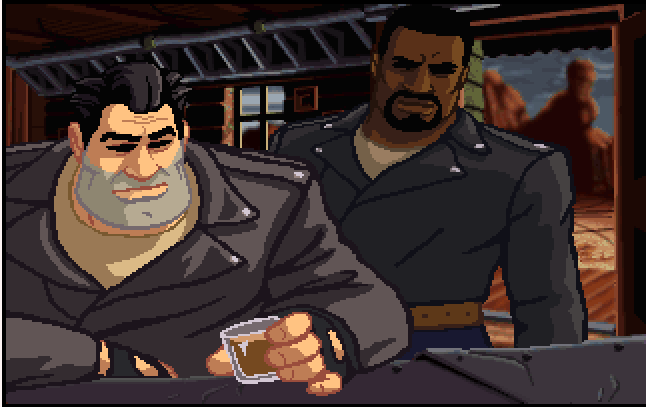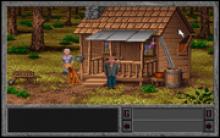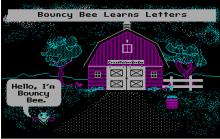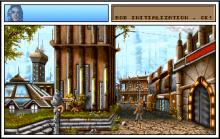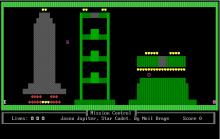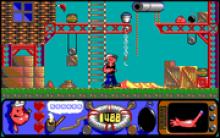Full Throttle (has issues)
Press Keyboard right side: Alt+Enter keys to switch to full screen game play, and Alt+Enter keys to return.
How to play Full Throttle (has issues)
Each game uses different controls, most DOS games use the keyboard arrows. Some will use the mouse.
Full Throttle (has issues) Description
The story focuses on Ben, the leader of a biker gang called the Polecats. He is approached in a bar by Malcolm Corley, the CEO and founder of the last domestic motorcycle manufacturer in the country, Corley Motors. When he declines an offer, he is knocked out and thrown in a dumpster by the sinister vice president of Corley Motors, Adrian Ripburger, who seems to have designs on taking over the company. He attempts to link up with the Polecats, whom Ripburger has coerced into escorting Corley and himself to the annual shareholder's meeting. Along the way, he meets a female mechanic named Mo, who later is revealed to be Corley's illegitimate daughter.
Full Throttle is a graphical adventure game, originally developed in-house and released in May 1995 by LucasArts. It is the tenth game to use the SCUMM adventure game engine.
Ben finds his gang in time to witness Ripburger murder Corley and pin the murder on the Polecats. A fugitive, he is forced to cross the desert to find a way to clear his name, save his gang, and prevent Ripburger from turning Corley Motors into a minivan producer. He crosses paths with a number of other motorcycle gangs: the speed addicted Vultures (of whom Mo used to be a member), the brutish Rottwheelers and the enigmatic Cavefish. He arrives at the shareholders meeting in time to catch Ripburger announcing his new control of and plan for the company. He and Mo expose Ripburger as the murderer, and broadcast the last will and testament of Malcolm Corley, who names Mo as the rightful successor to his company. Ben is able to free his gang, and the game ends with Ben and his gang riding off into the sunset. The game was admired for its polished look and involving storyline; its only major criticism was that it was of insufficient length.
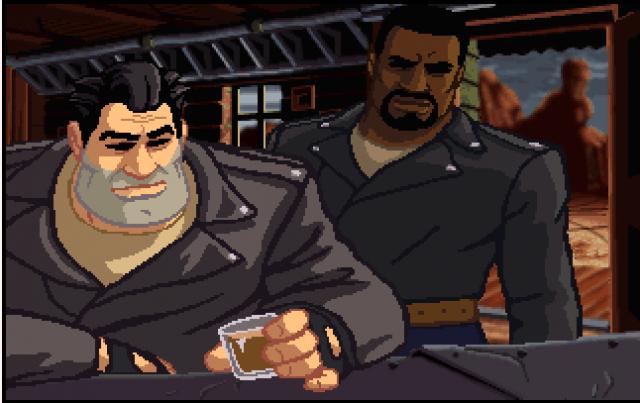
Full Throttle (has issues) - additional information







